What Is an HR Investigation?
By Kimberly Kafafian
At Monarch, we understand the complexity of workplace challenges. Despite our best efforts to maintain a safe and fair work environment, incidents may occur. Someone may claim harassment or discrimination. A worker may become injured because of a safety violation. Perhaps a bookkeeper helped themselves to some of the profits. Or maybe someone feels bullied or they are witnessing unprofessional behavior at work. Each situation requires a swift and impartial HR investigation to ensure fair treatment for all parties involved and to determine the appropriate actions to protect your organization.
If your business is facing any of the situations mentioned, it’s crucial to conduct a thorough investigation – not only to maintain trust and ensure a fair outcome, but also to protect your organization from potential lawsuits or EEOC actions. As an experienced HR investigator, I understand how complex and overwhelming this process can be, as it requires balancing protecting employee rights as you investigate. The information below will help you understand what triggers an investigation and provide guidance on conducting it effectively.
Actions that Trigger HR Investigations
The human resources department is charged with examining allegations of misconduct, violations of company policies, or other issues that could affect the workplace. These investigations are typically triggered by complaints or concerns raised by employees, management, or other stakeholders.
HR investigations address a variety of issues, including but not limited to:
- Harassment or Discrimination: Claims of unfair treatment or hostile work environments based on race, gender, sexual orientation, or other protected characteristics
- Workplace Violence: Allegations of aggressive behavior or threats that jeopardize the safety of employees
- Ethical Violations: Breaches of company policies or breaking of the law, such as fraud or embezzlement
- Performance Issues: Situations where an employee’s behavior or performance deviates significantly from expectations
- Safety Issues: A workplace accident or safety concern
The Process of an HR Investigation
While each HR investigation is unique, the general, structured approach outlined below helps ensure fairness and thoroughness.
- Assess the Nature and Severity of the Complaint. HR will determine whether the issue warrants a formal investigation, and if so will outline its scope.
- Plan a Course of Action. The HR investigator will define clear objectives, identify key witnesses and evidence, and establish a focused, efficient timeline to ensure a swift, complete, and accurate investigation.
- Gather Information. This involves conducting interviews with the person who made the complaint, the accused, and any witnesses. In this phase, HR will also review any pertinent documents, emails, and other materials.
- Analyze the Evidence. Once all the information has been culled, HR will analyze it to corroborate accounts, evaluate credibility, and identify patterns to understand the context and implications of the issue.
- Determine Findings and Conclusions.
Based on the evidence gathered, HR will determine whether the complaint is substantiated or not. This requires objectivity, ensuring all facts have been considered without bias. If the investigation uncovers misconduct or policy violations, HR will document the findings clearly. - Recommend Corrective Actions.
If the complaint is substantiated, HR will recommend actions to address the behavior or issue. These could range from disciplinary action, policy changes, or additional training, depending on the severity of the findings. The goal is to correct behavior and prevent future issues. - Communicate the Outcome.
HR will share the findings and next steps with the involved parties. While confidentiality is key, both the complainant and the accused should be informed of the conclusion and any actions that will be taken. In some cases, certain details may be withheld to protect privacy. - Document the Entire Process.
A comprehensive report will be compiled that outlines the entire investigation from start to finish. This documentation should include the complaint, investigation steps, evidence gathered, findings, and final decisions. Proper documentation is critical in the event of future legal or compliance concerns. - Monitor and Follow Up.
Following the investigation, periodic follow-ups may be conducted to ensure the workplace remains safe and compliant. - Reporting. After completing the investigation, HR will prepare a detailed report that summarizes the findings. This report usually includes recommendations for any disciplinary actions or other measures to address the issue.
Monarch Consulting is pleased to announce the formal launch of our HR Investigative Services Division. We’re passionate about creating safe, respectful workplaces, and we know that HR investigations are a vital component of maintaining a positive and engaged workforce. Addressing issues thoroughly and fairly fosters a culture of respect and trust, and mitigates risks – plus it improves the organization’s reputation as an excellent place to work.
Need assistance with an investigation? Our unbiased, third-party HR investigations team can help. Call or message us to schedule a consultation.
 En Español
En Español








